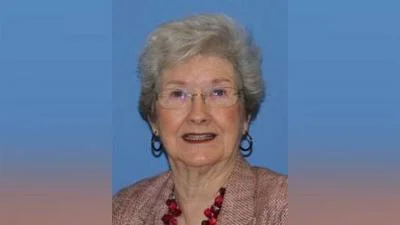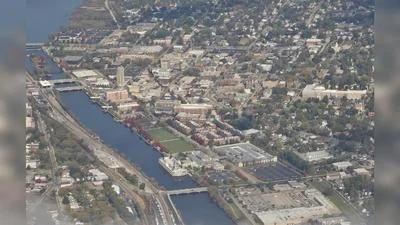Advocate Sherman Hospital issued the following announcement on June 26.
City (and suburban) girls everywhere continue to find inspiration in circa 1998 re-runs celebrating Carrie Bradshaw’s infectious love for outrageous fashions and spiky high heels.
Coupled with a recent study published in the journal Archives of Sexual Behavior that documents men’s stronger attraction to women wearing high heels, it’s easy to see why our relationship with sensible shoes may be sometimey at best, which raises the question: Are we satisfying our desire for stilettos, platforms and wedges at the expense of healthy legs?
Dr. Sanjeev Pradhan, a vascular surgeon at Advocate Trinity Hospital in Chicago, cautions that wearing high heels all day every day may contribute to varicose veins – the bulging, bluish, sometimes painful, veins that appear near the surface of the skin.
“Wearing high heels can interfere with the normal flow of blood from the heel, upwards to the foot and calf muscles, during walking,” Dr. Pradhan says, explaining that “The force of heel-to-toe walking in flatter shoes helps propel blood from the calf muscle veins to the heart more efficiently,” Dr. Pradahn explains.
Walking in high heels places greater pressure on the balls of the foot and toes. The impact of this is less force behind the blood travelling from the calf muscles to the heart. This inefficiency can cause residual blood to pool in the legs’ veins, resulting in varicose and spider veins.
“If you love wearing high heels and cannot give them up, it is important to limit the amount of time you wear them, and wear compression stockings with your high heels,” Dr. Pradhan says. He adds that exercising regularly and maintaining a healthy weight can help prevent varicose veins.
However, if you are like the several celebrities who have experienced varicose veins—including Sex and the City co-star Kristin Davis—it may be a good idea to mention this to your doctor.
“Varicose veins are more than unsightly. If left untreated, varicose veins can lead to more serious health problems such as leg wounds and foot ulcers, which require complex surgical treatment,” Dr. Pradhan says.
Dr. Pradhan corrects varicose veins with a 30-minute, outpatient radio frequency microwave procedure, which is less painful than traditional laser ablation treatments and has no downtime. Following this procedure, patients complete their treatment by wearing compression stockings for two weeks.
He says the warning signs that you may be developing varicose veins include burning, itching, swelling or heavy legs, leg cramps or an inner ankle sore. A simple test can confirm whether your symptoms are related to varicose veins.
Original source can be found here.

Source: Advocate Sherman Hospital






 Alerts Sign-up
Alerts Sign-up